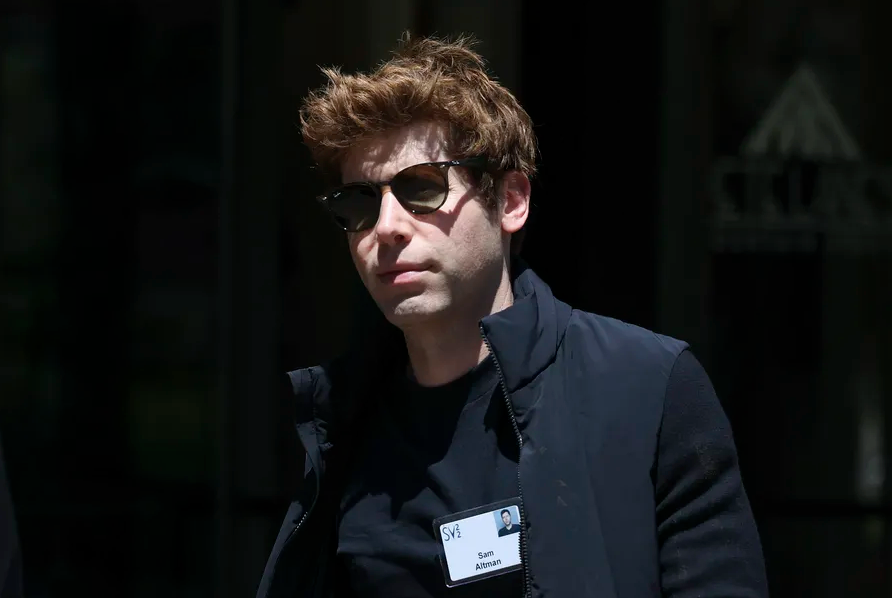Altman predicts that AI systems capable of working autonomously—referred to as AI agents—will soon join the workforce, driving corporate productivity and reshaping economic outputs. While this potential excites investors and researchers, challenges remain regarding cost, errors, and the ethical deployment of such systems.
The Challenges of Building Superintelligent AI
Despite the optimism, Altman and OpenAI acknowledge that transitioning to superintelligence will not be easy. “We don’t have a solution for steering or controlling a potentially superintelligent AI and preventing it from going rogue,” OpenAI admitted in a 2023 blog post. The alignment of superintelligence with human values and goals remains one of the company’s most significant unresolved challenges.
Additionally, safety concerns have been magnified by recent organizational changes within OpenAI. The company has disbanded teams dedicated to AI safety, resulting in the departure of several prominent researchers. Some critics argue that OpenAI’s increasing focus on commercial viability risks overshadowing its commitment to ensuring AI safety.
Altman has defended the company’s track record, stating, “I’d point to our track record.” However, critics remain skeptical, pointing to OpenAI’s restructuring to attract more outside investment as a potential shift away from its original safety-first ethos.
Why Safety in AI Matters More Than Ever
The implications of superintelligence extend beyond economics. A failure to align these systems with human values could result in catastrophic consequences, especially if superintelligent AI systems act unpredictably or maliciously.
OpenAI has acknowledged these risks, emphasizing the need for global cooperation and rigorous oversight. However, the disbandment of safety teams has raised concerns that profit motives may take precedence over safety, an issue echoed by former researchers who have since departed the company.
Looking Ahead: The Road to Superintelligence
The path to superintelligence is fraught with challenges, but OpenAI’s announcement underscores the company’s willingness to lead this effort. Altman’s confidence in the timeline for superintelligence suggests rapid advancements in the field, although past lessons indicate that timelines for AI breakthroughs can often shift.
As OpenAI charts this ambitious course, balancing innovation with safety will be crucial. Whether the company can maintain this balance amid growing commercial pressures remains to be seen.
Conclusion
OpenAI’s pivot to superintelligence represents a defining moment in the history of AI. If successful, superintelligent systems could unlock unprecedented levels of prosperity and discovery, reshaping industries and society itself. However, the journey will require careful navigation of ethical, safety, and societal considerations.
As the global AI community watches closely, one thing is clear: OpenAI’s quest for superintelligence marks both an exciting opportunity and a profound responsibility.



